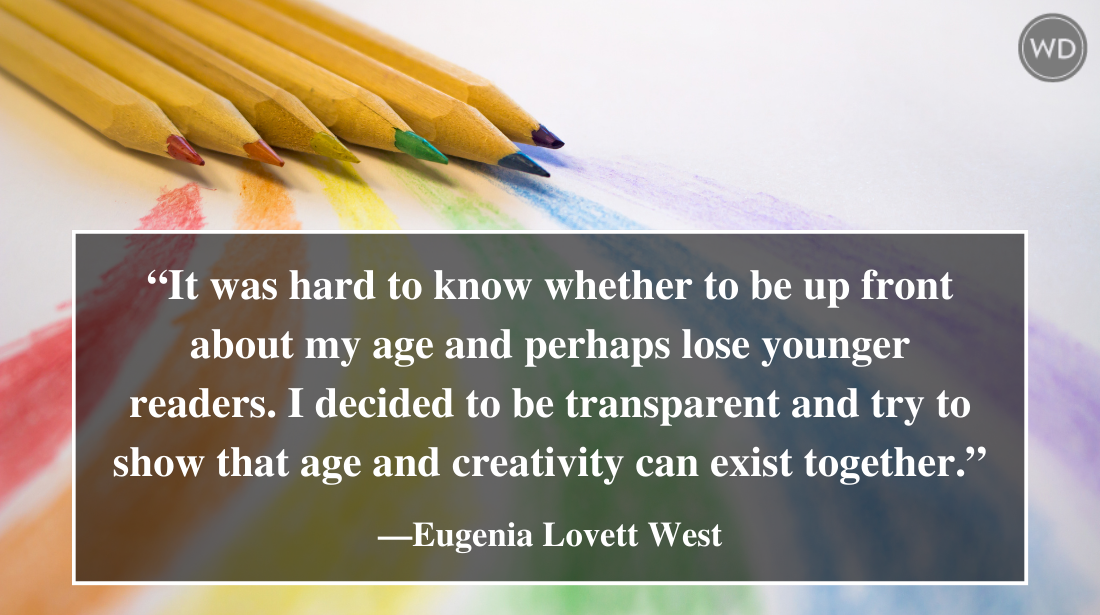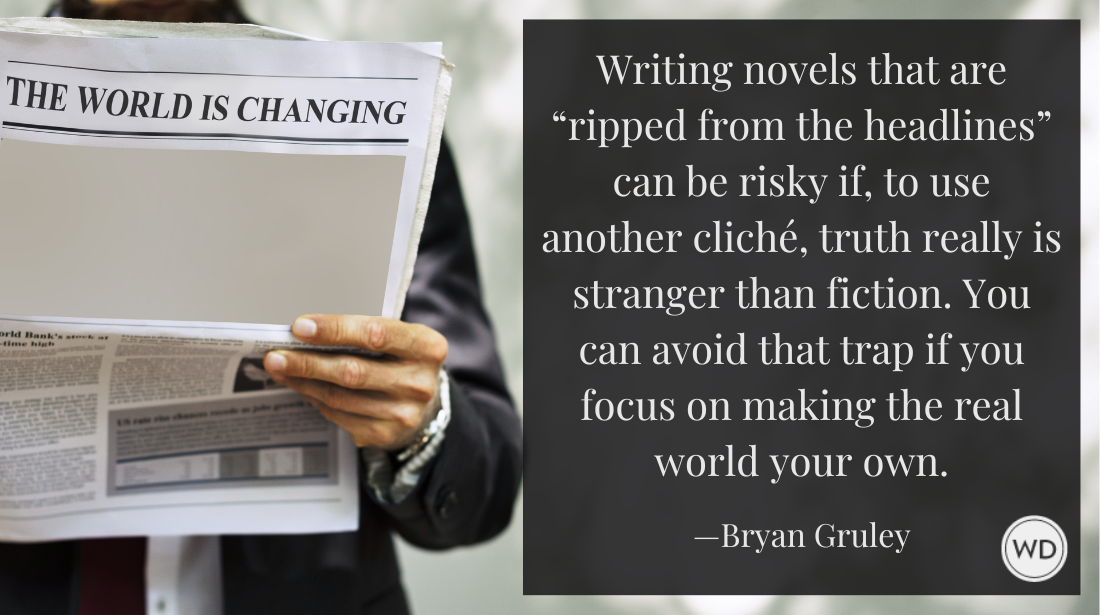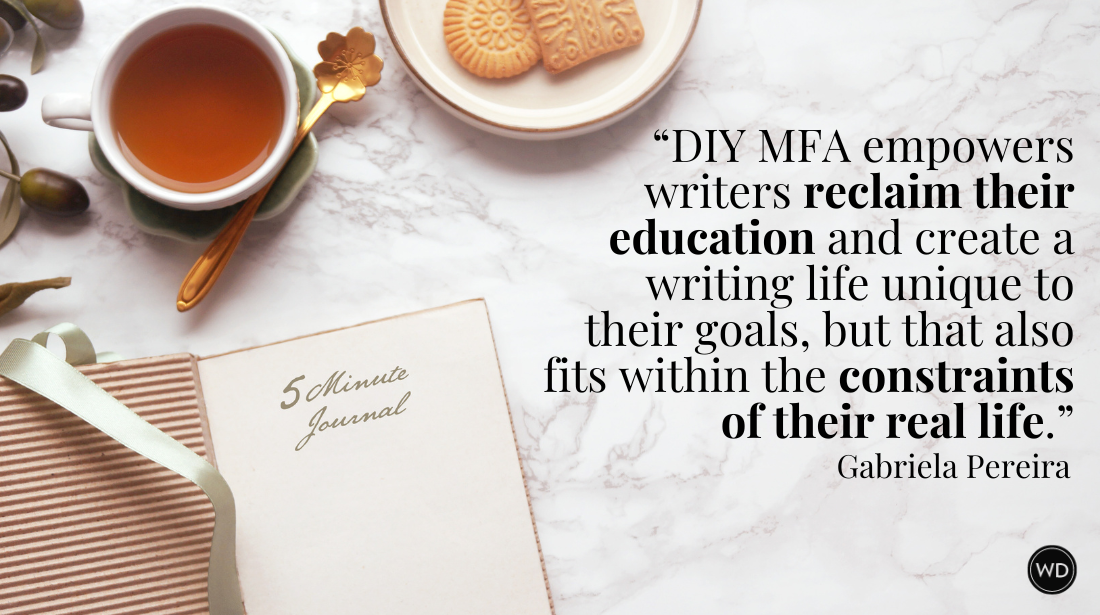A Wordsmith Among Kingfish
Today’s guest post is by the lovely Darrelyn Saloom. Follow her on Twitter, or read one of her most popular posts on the memoir she’s writing with Deirdre Gogarty. Pictured…
Today's guest post is by the lovely Darrelyn Saloom. Follow her on Twitter, or read one of her most popular posts on the memoir she's writing with Deirdre Gogarty. Pictured above: Rick Bragg
On the third weekend of October 2009, writers and book lovers gathered at the Louisiana State Capitol in Baton Rouge to celebrate books. It seemed fitting for the festival to take place on the grounds of the 34-story limestone-clad building, the vision (and final resting place) of former governor Huey P. Long, a natural born storyteller.
As part of the festival, I attended an event called Writing in Color, a full-day workshop presented by author and Pulitzer-Prize winner Rick Bragg. I’ve been a fan of Bragg’s writing since his bestselling memoir All Over But the Shoutin’. But what astounded me was the author’s verbal storytelling ability. Not only did he capture my attention, he held it for seven hours. Not once did I drift into my grocery list or plan my escape.
Every word he uttered rose and stretched and then bloomed into the Southern syrup of his Alabama accent. He evoked every emotion with remarkable talent. Remarkable because not every storyteller can write, and not every writer can tell a good story. Rick Bragg can do both. And while I can’t share his voice or the stories he told that day (they are his tales to tell), you can glimpse his skill in the following excerpt from the prologue of his latest publication, The Most They Ever Had:
In our boyhood, my big brother, Sam, dug pieces of coal and scrap lumber from the red mud so my mother could heat a borrowed house. In the 1970s, he quit school to load boxcars with one hundred-pound sacks of clay and lime. He shoveled gravel and sand into the backs of flatbed trucks, cut pulpwood, and broke down truck tires with a chisel and a five-pound sledge. Then, he gave me a running start away from all of it.
Bragg’s prose is a fine example of the first rule of writing: show, don’t tell. He doesn’t tell the reader his family is poor, he shows his brother at work to heat his mother’s “borrowed” house. And he doesn’t go on and on to describe how much he admires his older brother’s work ethic. He allows the details to tell the story. Because if the devil’s in the details, then so are the angels, the music, and the choir:
A hundred times, it seemed, I slouched at the shoulder of some trash-strewn highway in northeastern Alabama, the hood up on a wore-out car, waiting for him to come and get me going again. I was always on my way to some writing job, some frivolous work, something you could do all day and not even get any grease under your nails.
He would pull up in his old Chevrolet pickup, hand me a flashlight—it always seemed I broke down in the dark—and go to work. He would pull wrenches and yank on alternators and water pumps till he peeled the skin off his knuckles, blood mixing with grime until I flipped my clip-on tie over one shoulder and reached in with my free hand, to help. “Quit,” he would hiss. “You’ll get dirty.”
Rick Bragg never told his audience how to write in color, he painted a picture with stories. A verbal wordsmith, he stood tall in faded jeans and a white long-sleeved shirt, shirtsleeves rolled up. The author wore Western boots and an antique watch. If he were a country music star, he’d be a combination of Hank Williams and Johnny Cash. He was generous with his anecdotes but also his advice, “Be humble,” he said. “Just tell the damn story; don’t try to impress.”
As I drove away from the Louisiana State Capital, Governor Long’s manifested dream loomed in my rearview mirror. And then Rick Bragg’s Southern twang echoed in my brain, “Train your mind to think in color,” he sang. “Be the illustrator of your own words.” Fine advice delivered by a man whose knack for oral narrative matched the former governor’s. Words even The Kingfish would have approved.
Below: Louisiana Book Festival poster (artist Lorraine Gendron)
Jane Friedman is a full-time entrepreneur (since 2014) and has 20 years of experience in the publishing industry. She is the co-founder of The Hot Sheet, the essential publishing industry newsletter for authors, and is the former publisher of Writer’s Digest. In addition to being a columnist with Publishers Weekly and a professor with The Great Courses, Jane maintains an award-winning blog for writers at JaneFriedman.com. Jane’s newest book is The Business of Being a Writer (University of Chicago Press, 2018).








